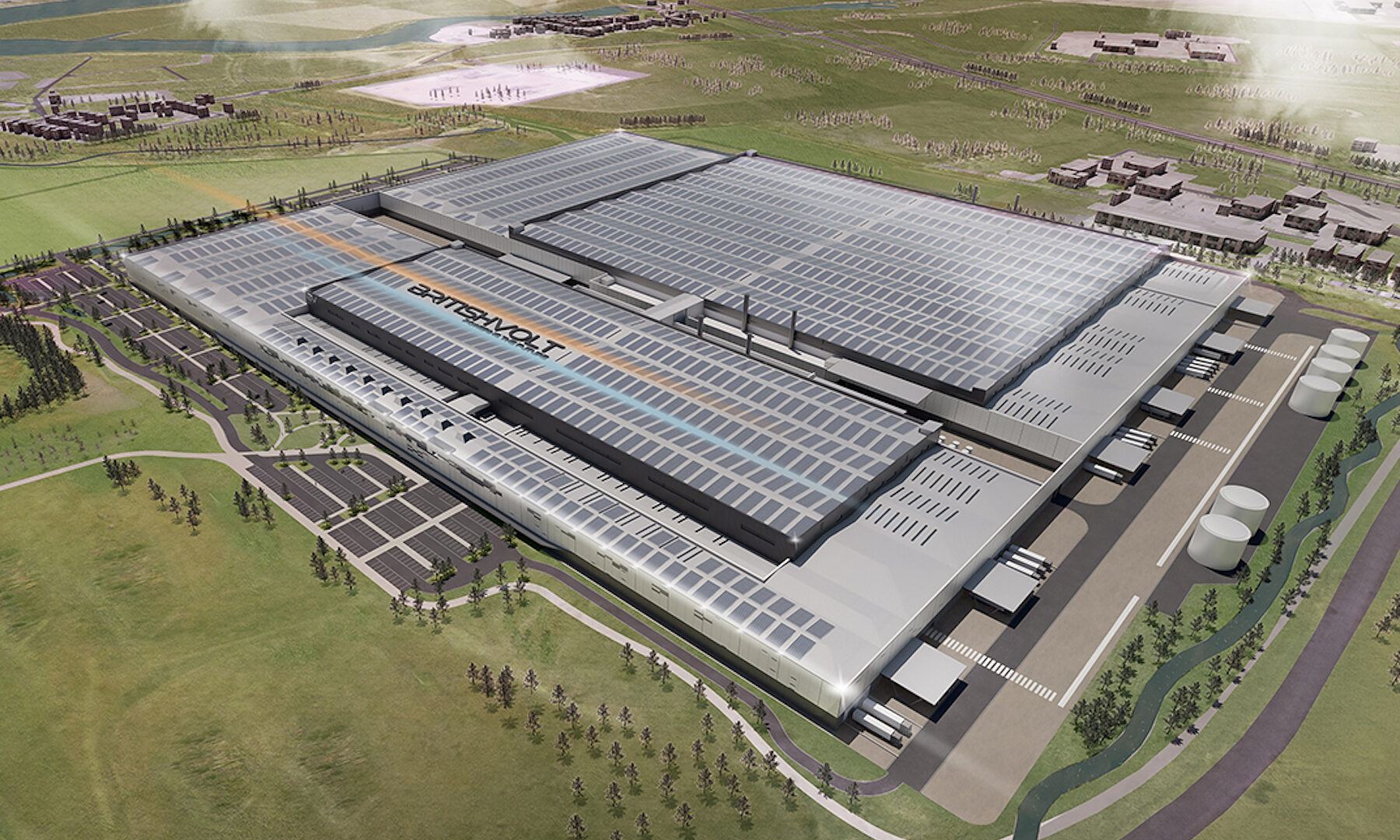
This week electric vehicle battery startup Britishvolt filed for administration after failing to find additional investment or new buyers. It comes just three years after it was founded, full of promise to become a key domestic supplier of electric vehicle batteries while creating 3,000 jobs.
It also became a flagship for Boris Johnson’s levelling up agenda, with the company selecting a site in Northumberland to build a £3.8bn “gigafactory” capable of producing 300,000 electric vehicle battery packs per year.
Despite attracting billions in funding, amassing strong political support, and agreeing deals with luxury car makers, Britishvolt was unable to deliver on its ambitious goals.
From its founding in 2019 to its administration filing in 2023, here is a timeline recapping Britishvolt’s short and turbulent history.
Britishvolt timeline
– January 2023: Britishvolt files for administration after failing to find further funding or a buyer, calling in EY to manage the insolvency process. Up to 300 staff are made redundant.
– November 2022: Britishvolt received last-minute funding from Glencore, preventing its collapse. Despite the funding, staff agreed to a temporary pay cut. Investment group and creditor of Britishvolt, Katch Fund Solutions brought in receivers to safeguard its minority debt interest. Plans for its Canadian battery cell factory were abandoned.
– October 2022: It first emerged that Britishvolt was facing administration after struggling to raise raising additional capital and being denied an advance of government funds.
– September 2022: The company’s 21700 cells pass testing requirements and are sent to be tested by customers.
– August 2022: Production of its batteries from its Northumberland gigafactory are delayed by six months to mid-2025. Founder Orral Nadjari steps down as CEO.
– July 2022: H&T sign a memorandum of understanding to produce battery cans in Blackburn in partnership with Britishvolt. Government confirms it will provide funding to the company.
– June 2022: Britishvolt and the University of Warwick renew a contract to develop battery tech. The Northern startup agrees to “co-develop syllabus” with the Northumberland College and the Advanced Manufacturing Training Centre. Posco Chemical is brought in to supply cathode and anode materials.
– May 2022: Britishvolt reveals a proposal to build a £200m battery cell scale-up facility based in the West Midlands. The extra funding comes from Scorpio Group, a shipping business. It acquires German battery cell manufacturer EAS for €36m.
– March 2022: Luxury car producer Aston Martin teams up with the startup to “design, develop, and industrialise battery packs, including bespoke modules and a battery management system”.
– February 2022: Mining firm Glencore invests £40m in Britishvolt. The pair form a UK battery recycling joint venture.
– January 2022: Britishvolt says an “in principle offer” through the Automotive Transformation Fund will give it access to funding of £1.7bn. Sports car maker Lotus enters an agreement to develop an electric vehicle powered by Britshvolt batteries.
– September 2021: Work begins on the construction of the company’s gigafactory. Britishvolt partners with Circulor to monitor the carbon produced in the construction of its gigafactory.
– August 2021: Glencore signs up to provide cobalt to Britishvolt, along with an investment in the startup.
– June 2021: Durham University, Newcastle University and Northumbria University enter a memorandum of understanding for R&D and education. Production of batteries is predicted to start “by the end of 2023”.
– December 2020: Blyth, Northumberland is selected as the location for its gigafactory. Britishvolt co-founder Lars Carlstrom resigns as chairman after it emerges he was convicted for tax fraud in Sweden.
– November 2020: Britishvolt declares intentions to relocate its headquarters to the West Midlands.
– September 2020: Chairman of the Rolton Group Peter Rolton is added to the board of directors as a non-executive director.
– July 2020: An ex-RAF base in Glamorgan, South Wales is chosen as the location to home Britishvolt’s gigafactory. Designer Pininfarina is brought in to work on the factory’s design.
– June 2020: Britishvolt appoints “automotive specialist” Charles Morgan as a non-executive director to the startup’s advisory board and board of directors.
– May 2020: A memorandum of understanding is signed between AMTE Power and Britishvolt to build a 30+ gigawatt-hour factory, with help from the government.
– December 2019: Britishvolt is incorporated in December after being launched by co-founders Orral Nadjari and Swedish automotive entrepreneur Lars Carlstrom.
Ex-employee of Britishvolt? Contact [email protected] to share your experience securely and anonymously.



